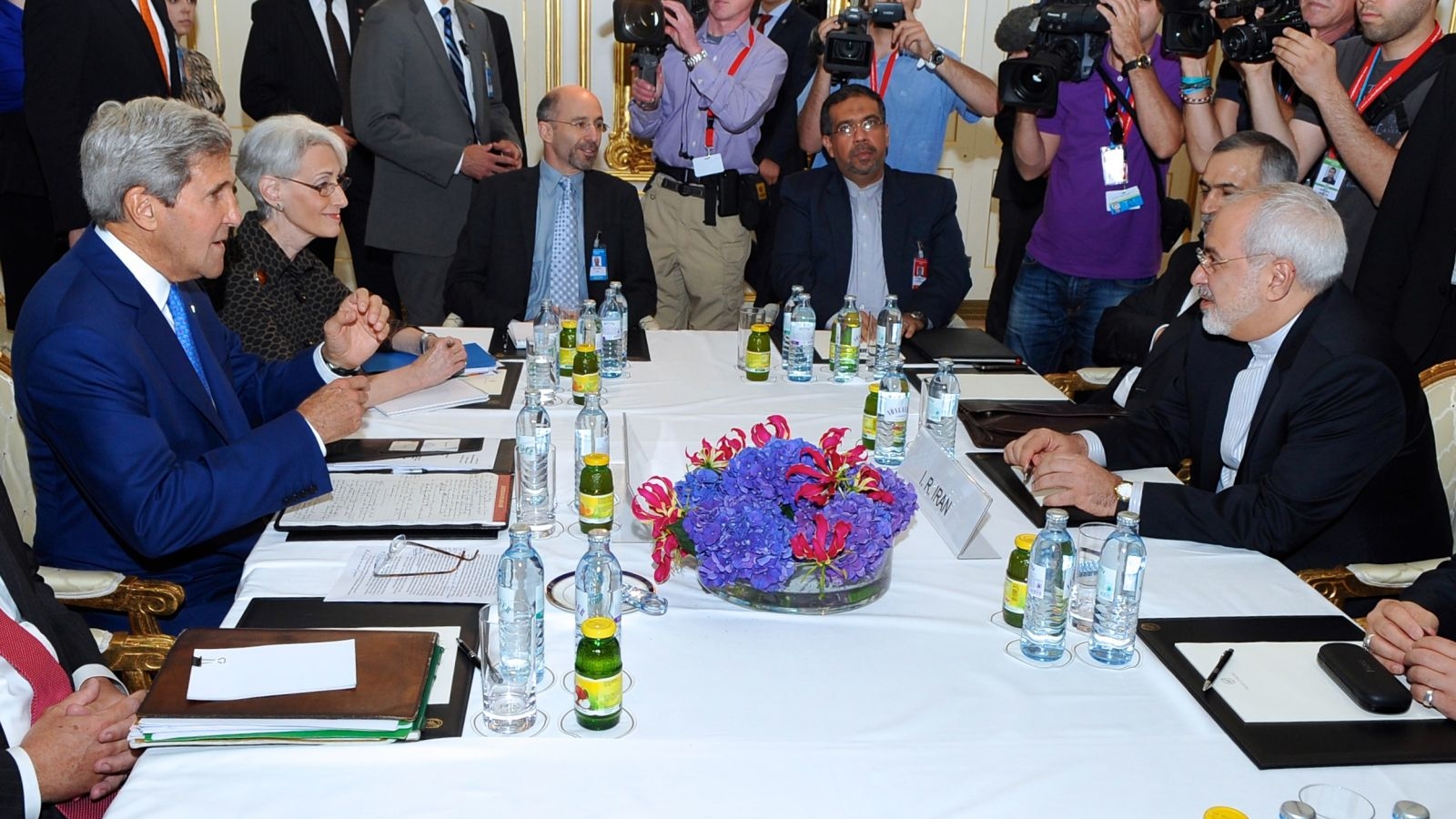By Jonathan Cristol
Iran is going to get a nuclear weapon. Sooner or later, sanctions or no sanctions, deal or no deal, it will get a nuclear weapon. To think that the United States, the West, the Arab States, or Israel can stop an educated nation of over 77 million people from developing a 75 year old technology is the peak of arrogance. If you start from this assumption, then the deal agreed to on July 14 in Vienna, is stunningly successful, a victory for all parties, and should be passed, without delay, by the UN Security Council and by the U.S. Congress.
It is a complicated deal, and thoughts on it are not easily tweetable (don’t think I haven’t tried). If you hear somebody say that they understand every aspect of the deal then they either: A) haven’t actually read it in its entirety; B) are an expert in self-aggrandizement and/or self-promotion; or C) are a bona fide expert in nuclear physics, international banking, and geopolitics. I don’t understand every aspect of the deal. When I read, “Iran will begin phasing out its IR-1 centrifuges in 10 years,” I can’t help but think that it is a major capitulation; but then I remember that 20 years ago, I got a D in high school physics. Even still, I do know that the deal must be passed and must be, at least for now, acted on in good faith.
Make no mistake, in a vacuum, Iran has the better deal. The first phase requires Security Council approval and for the International Atomic Energy Agency (IAEA) to certify Iran’s compliance with “agreed nuclear measures.” These measures are specified in the text of the agreement and because the Iranian rhetoric was rooted in an immediate end to sanctions, Iran would not have agreed to them if it couldn’t be in compliance with these limited measures in more than a few months.
At that time, referred to in the text as “Implementation Day,” virtually all EU, UN, and U.S. sanctions will be lifted. The largest single section of the agreement provides a tremendous amount of detail about the individuals, companies, and even specific vessels, on whom/which sanctions will be lifted. Once that happens, Iran will see a massive inflow of investment, foreign currency, goods, and financial services. Boeing will be allowed to sell new Iran new planes; General Motors will be allowed to sell new cars; Iranian bank branches will open across the EU; and, most importantly, the United States will release the assets that it has held since the 1979 Islamic Revolution. The U.S. isn’t going to get that money back, even if Iran breaks the deal. And yet we should still sign the deal.
The rest of the deal will be phased in after 8, 10, 15, and 25 years; and there are two things about which the U.S. can be reasonably confident during that time. First, if the Iraq War taught us anything it’s that the IAEA is actually great at its job, and there will be 130-150 inspectors permanently based in Iran. The second, is that Iran isn’t going to see a need for nuclear weapons during that time. Iran’s perceived need for nuclear weapons is to defend itself from the United States. But the U.S. troop levels on Iran’s borders are now at an all time low, and Washington needs Iran’s help in achieving its regional goals. In other words, Iran no longer needs to defend itself from the U.S.; it needs to work with the U.S. to achieve a more peaceful future for all in the region.
The United States and Iran both want to see IS and Al Qaeda destroyed. Both want to see the Taliban weakened, and both want regional stability. These goals can’t be achieved without close and cordial cooperation between the two governments, militaries, and even between the intelligence communities. It is possible, and not abnormal, for states to work together on some issues, while working against each other on others (even the U.S. and Canada have ongoing and thoroughly contentious legal cases against each other over crab and lobster rights off the Alaska/Yukon and Maine/Newfoundland coasts). That kind of cooperation was not possible with the existing sanctions regime in place, because it was quasi-legal at best and illegal at worst to provide material aid to Iran.
Iran is going to get a nuclear weapon, if it becomes in its interest to do so. This agreement is as strong as we’ll ever get; but it can be voided at any time. You don’t need to be a nuclear physicist, just an IR realist, to know that interest is the overriding factor in international politics. There is a strong mutual interest in the success of the Comprehensive Agreement, and that is why it should be passed by both the UN Security Council (in which passage is not in doubt) and U.S. Congress (in which it will pass after a long round of showboating, grandstanding, hyperbole, bellicosity, naysaying, and doomsaying). With this agreement, everyone wins, even if some win more than others.
*****
*****
Dr. Jonathan Cristol is a fellow at the World Policy Institute and director of Bard College’s Globalization and International Affairs Program. He tweets at @jonathancristol.
[Photo courtesy of Wikimedia Commons]
